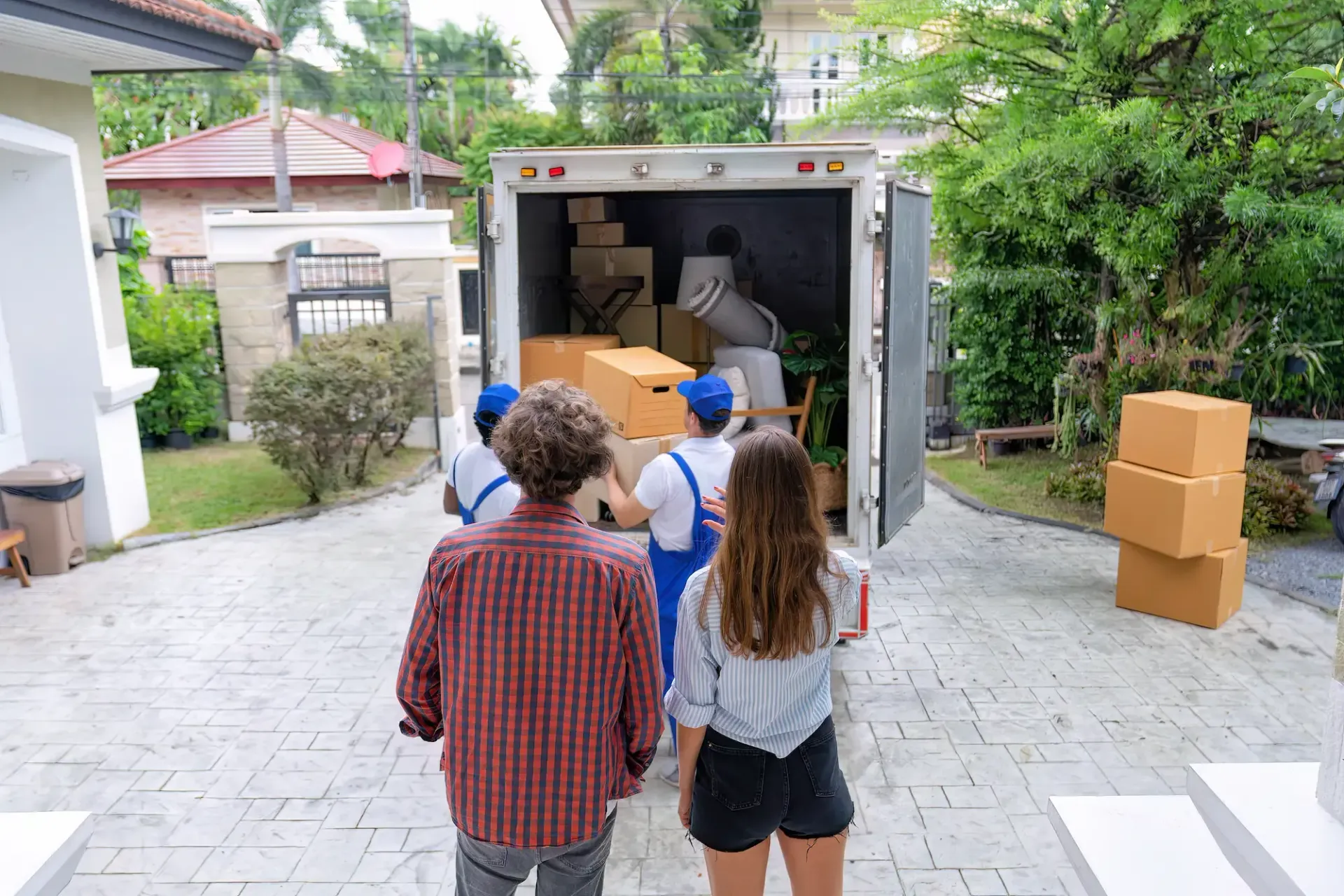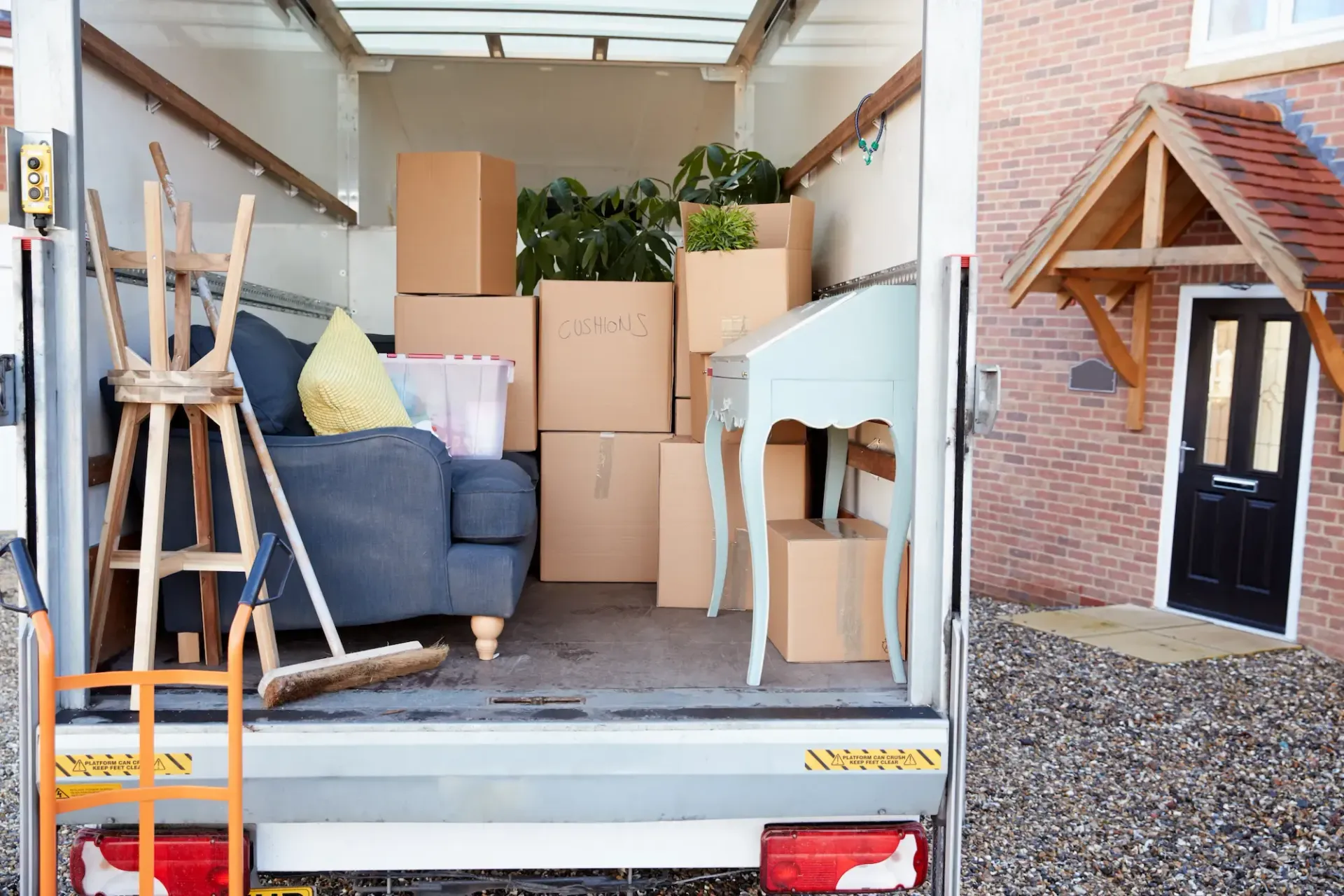Moving & Homeowners Insurance- by RVA Insurance
Moving and Homeowners Insurance FAQs
Moving can be a busy and stressful time, with a lot to think about as you prepare to pack up and move to a new home. Whether you’re purchasing your first house or you’re an experienced homeowner, there are some important insurance considerations to keep in mind. We asked our friends at RVA Insurance to share the most common questions they hear about moving and insurance.
- Is furniture and personal property covered if damaged during the move?
Not necessarily. While some homeowners policies do cover routine moving damage, many do not. Typically, homeowners insurance covers loss related to a peril that’s listed in your policy. You cannot assume that your insurance will repair, replace or reimburse broken items. Speak with an agent to understand what is covered under your policy.
- When should I start the process for getting home insurance on my new house?
The best time to start the process is after you have made an offer on a new home and it has been accepted by the seller. This typically coincides with starting the mortgage process. While obtaining home insurance on most homes is much quicker than the mortgage process, frequently your mortgage company will want to know the cost of the home insurance to factor that into the approval process and prior to closing the mortgage company will want to make sure that the home has proper insurance to protect the value of the loan.
- When should I cancel the insurance on my old home or apartment?
The renters insurance or homeowners insurance on the previous home should be kept in force until you are no longer responsible for the previous property. Frequently there is an overlap period where a person will have closed on the new home but still have an apartment lease in place or still own the previous home. It is very important to keep the policies in place on the previous apartment or home until the lease ends or until you sell the previous house.
- How much insurance should I purchase on my new house?
The amount of coverage needed will vary, but generally you want enough coverage to pay for the cost of rebuilding your home from the ground up, should disaster occur. Many people will want to use the sale price or the loan value as the basis for amount of insurance but these values don’t always accurately represent the actual cost to rebuild a home. For example, in a down economy a home that costs $300,000 to build might only sell for $250,000. If you only insured the property for $250,000 there would not be enough money to fully rebuild the home after a catastrophic loss like a fire or tornado. Your insurance agent can offer endorsements and/or run cost estimators for the rebuild cost of the home to help with this.
- How much insurance should I purchase for my furniture and personal items?
Most homeowners policies cover your personal contents between 50-70% of the value of your home. However, it is important to know how much your possessions are actually worth and what it would cost to replace them. A simple way to do this is to just go room by room and approximate the value of the items in each room to a round figure and then add them all up. It’s important not to forget things like clothes, dishes, the garage, etc, that can frequently add significant value. Bonus tip – periodically, take a quick video or pictures of each room/closet with your cell phone – this will make the claim process go much smoother in the event of a major claim.
- What are other things to think about when changing insurance?
When choosing your homeowners insurance, there are a number of additional coverages to consider:
Flood Insurance – Most homeowners policy do not cover damage caused by floods. Additional insurance protects you in case of the unexpected.
Sewer/Drain Backup Coverage – Covers damage in your home from backed up drains or broken sump pumps.
Jewelry, Fire Arms, Art, etc. – Most homeowners policies will limit the amount of insurance for these items. Endorsements to the homeowners policy or separate policies can be purchased to properly insure these items and others that might have high, special or unusual values.
Before any major move, it is important to speak with an experienced insurance agent who can help you understand your specific needs.
Guest Blog by RVA Insurance- Click to learn more or contact RVA Insurance
The post Moving & Homeowners Insurance- by RVA Insurance appeared first on Stewart Moving & Storage.




